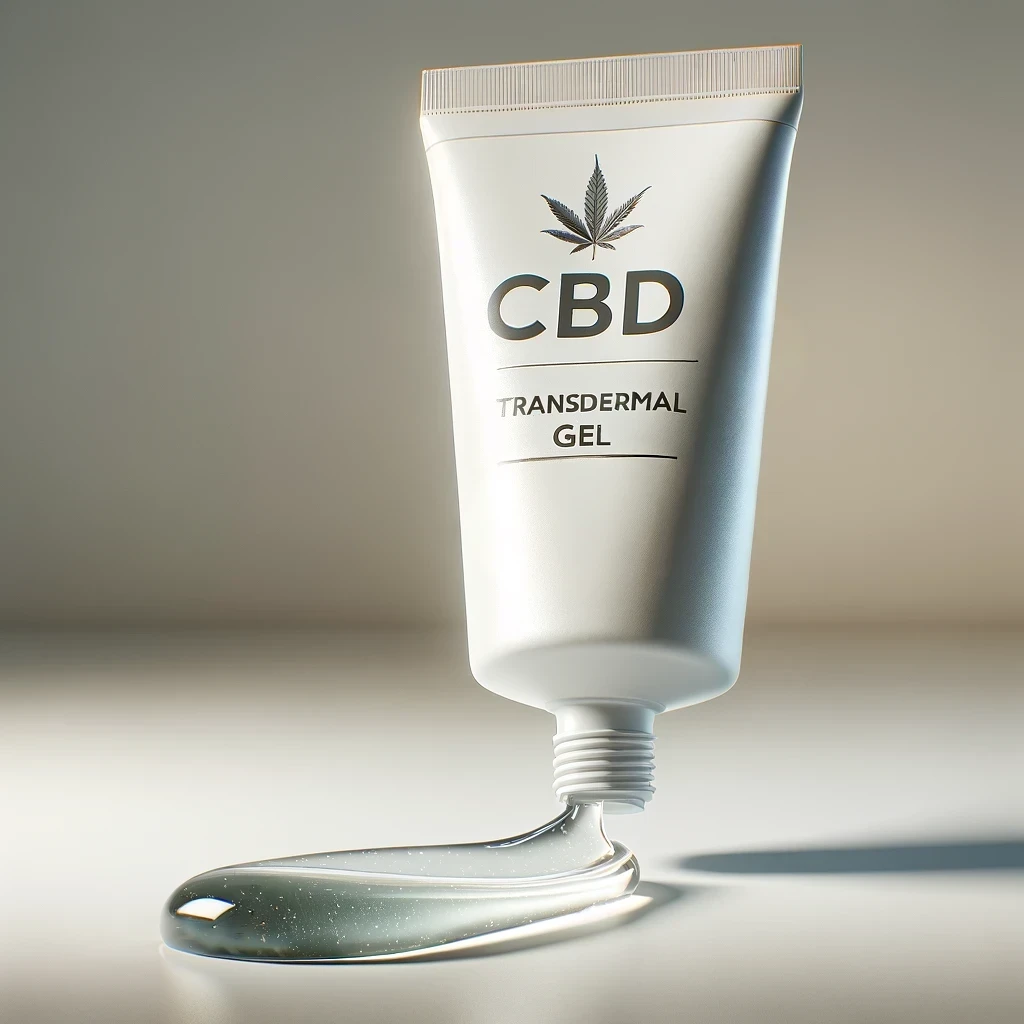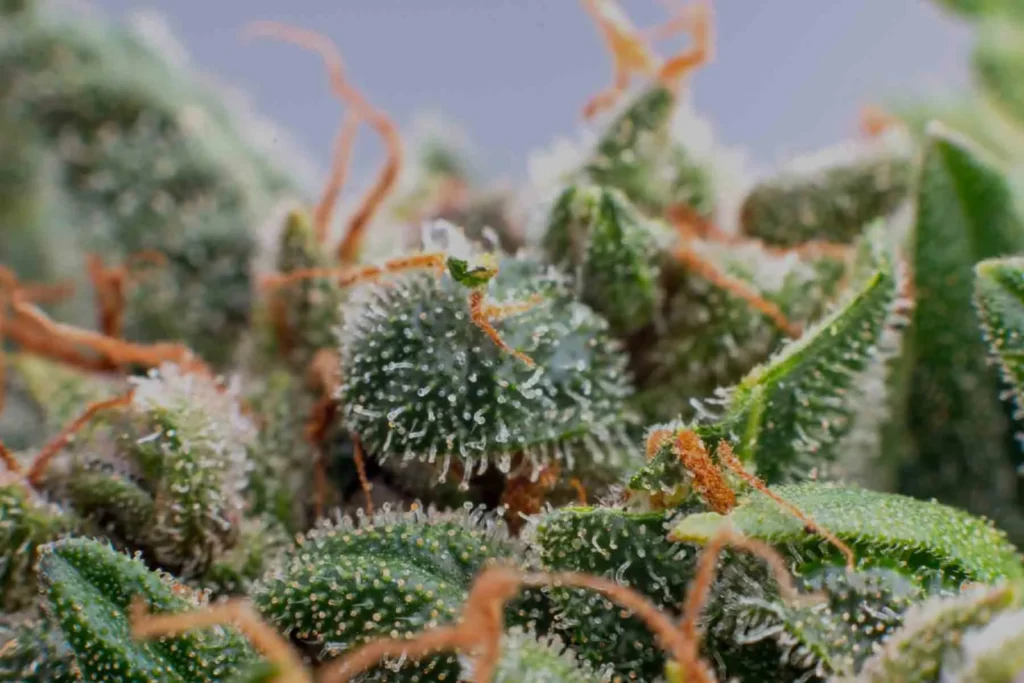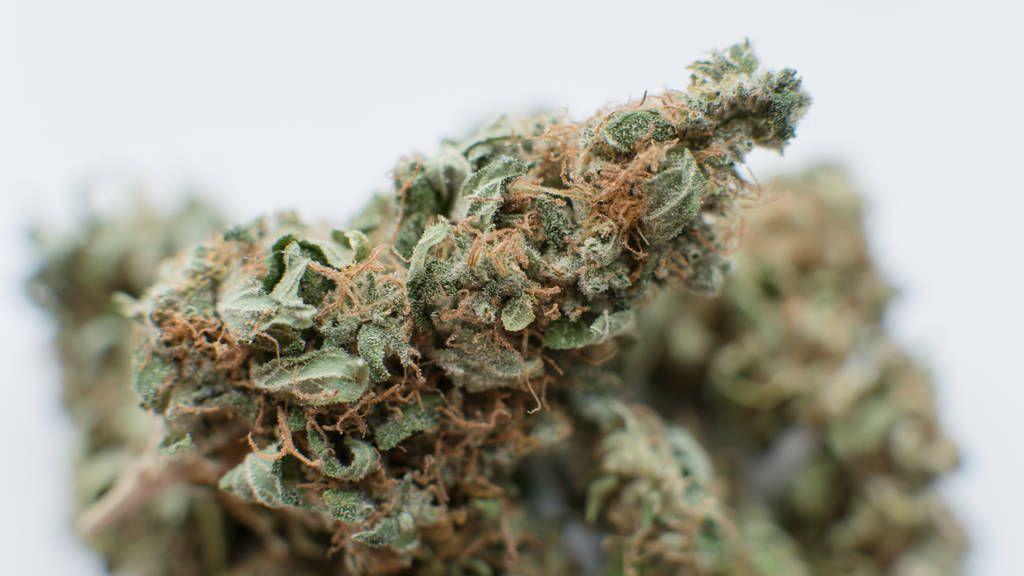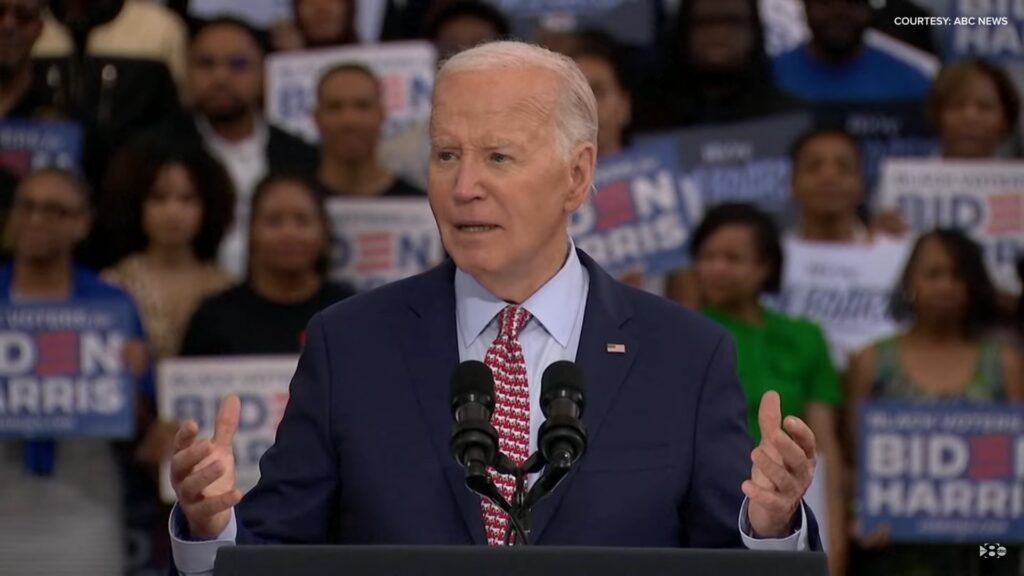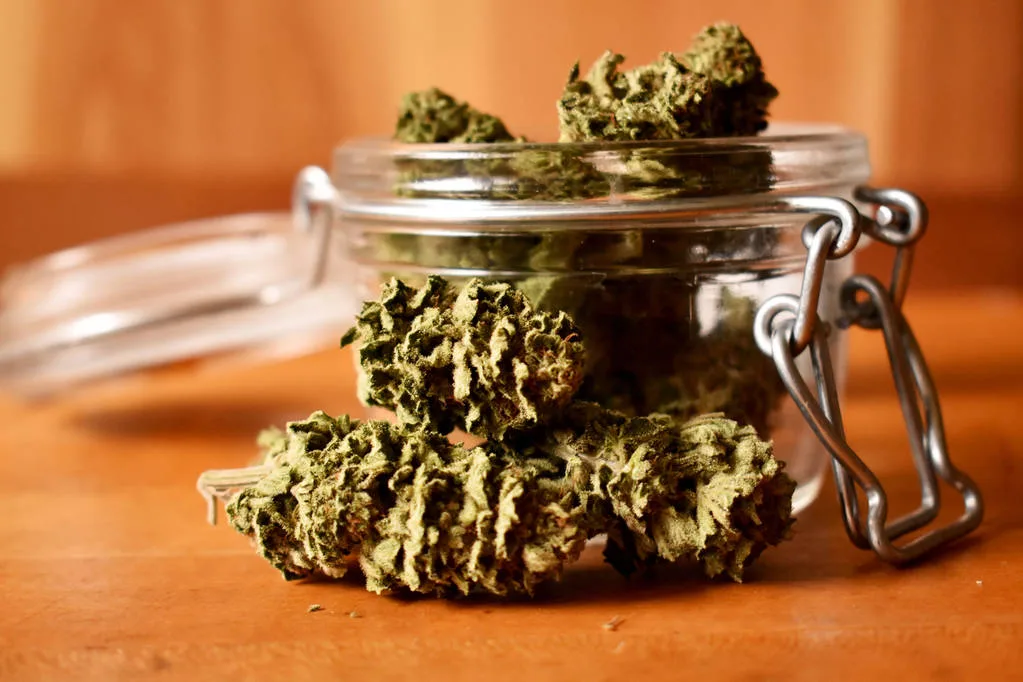Legislation aimed at allowing and regulating marijuana events across the state has passed through its second reading in the New York Senate and has been ordered to a third and final reading.
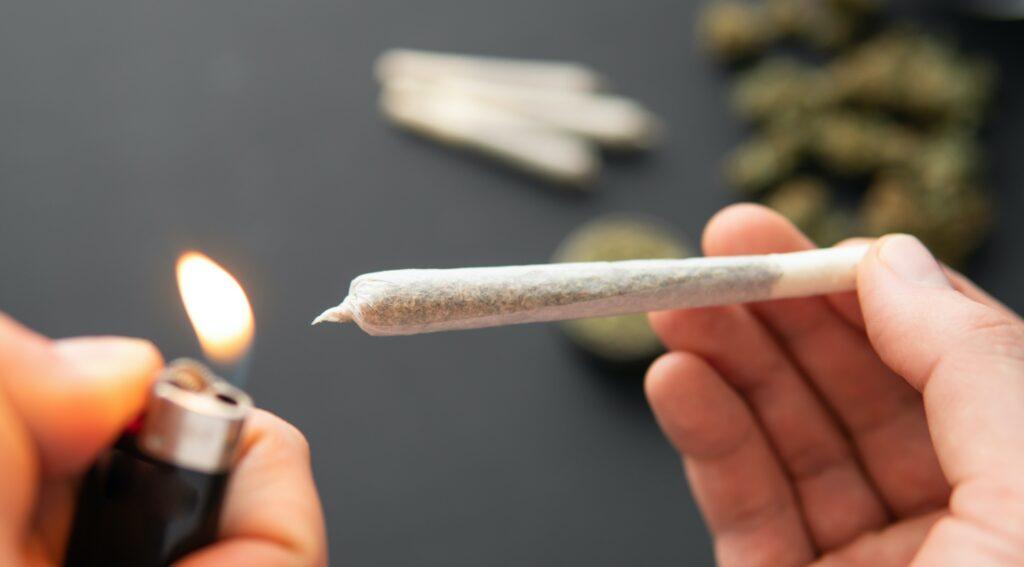
Filed by Senator Michelle Hinchey, Senate Bill 9679 will be sent to the Assembly if it passes its final reading in the Senate. If enacted into law, the measure would amend the existing marijuana law by adding Section 130-a, which establishes a framework for cannabis event permits.
The bill defines a “cannabis event” as an event where licensed retailers of adult-use cannabis can sell their products outside of their licensed premises. These events can take place at various locations such as theatrical productions, concerts, sporting events, exhibitions, private venues, or any other location authorized by the Office of Cannabis Management (OCM). Additionally, these events may include educational activities, music, and other forms of entertainment.
Continue reading

